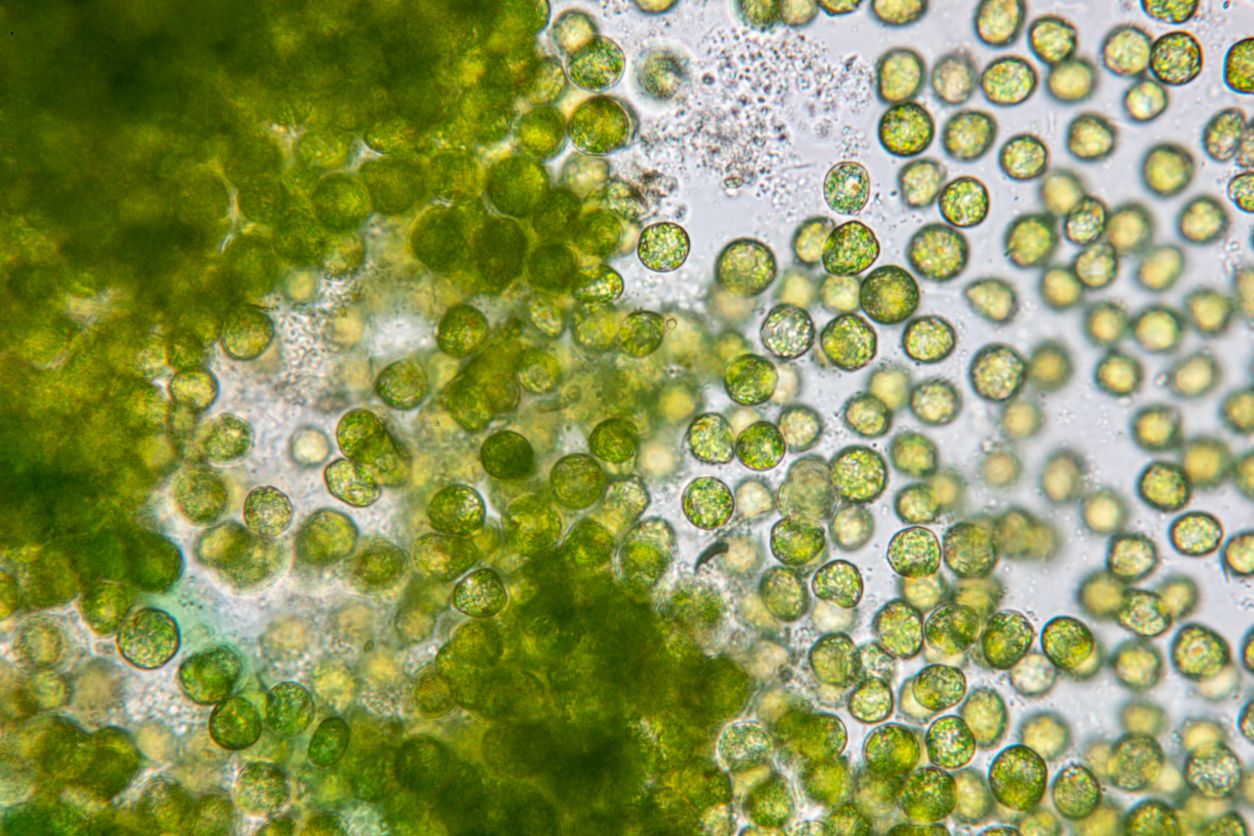Projects
Supporting innovative, cutting edge ideas, the Research Innovation Fund (RIF) provides seed grants for cross-college collaborative projects.
How do I apply?
Project Description
Media
Filters
- Project Types
- All
- Animal Health
- Aquaculture
- Automation and Robotics
- communities
- Communities/Farmers/Relations
- Computational Modeling
- Controlled Environment Agriculture
- Crop Production
- Dairy/Livestock Production
- Data Integration and Processing
- Farmers
- Farmers, Communities, Relationships
- Food Safety
- International Agriculture
- Iot and Networks
- Machine learning
- Machine Learning
- Plant Breeding
- relations
- Sensing Technology
- Soil
- Trustworthy AI
- Years
- Project Creators

Function-targeted high-resolution phenotyping platform to deduce genetics-functions relationships in rhizomicrobiome for promoting plant nutrients utilization
Rhizo-microbiome research is in its infancy and holds the key to a better understanding of plant-microbe interactions with a positive impact on plant health, productivity and agricultural sustainability. This study will leverage innovative single-cell Raman microspectroscopy (SCRM) technology and computational science to develop a novel and integrated phenotyping-genotyping technology platform as the basis for building a world-class agricultural phenotyping facility at Cornell. The complexity of the SCRM dataset, due to its size and composition, with low abundance of mostly unknown species (as expected for rhizomicrobiome), demands complicated dimension reduction and classification methods to achieve the desired performance. The goal is to discover and profile new and in situfunctionally-relevant microorganisms, such as polyphosphate accumulating organisms (PAOs) that contribute to P utilization, and carbon (PHB, glycogen)-accumulating organisms (CAOs) involved in nitrogen fixation, among others, and to establish gene-function relationships by correlating phenotypic and genotypic profiles. Discoveries made on this project will advance the technological, biophysical and socio-economic knowledge needed to shift the paradigm towards better management of land and water resources to ensure food, energy and water security in intensified agricultural regions such as New York State.
April Gu (COE), Jenny Kao-Kniffin (CALS), Kilian Weinberger (CIS)

Scalable digital sensors of the skies and soils: An Internet of Things approach to improve farm-scale weather forecasts of extreme heat, drought and rainfall
Extreme weather is a serious threat to agriculture, economic vitality, human safety, and physical infrastructure in farming communities throughout the world. Climate change is likely to increase the risk of severe weather, particularly heat waves, droughts, and floods. To flourish in spite of these hazards, farmers, growers, agro-business, and food producers require a toolkit of political, infrastructural, and technological resources to manage the risk of extremes. Numerical models of weather and climate will be among the most important of these tools because they empower decision makers with information to anticipate and prepare for consequential events. The proposed research will monitor and forecast key variables for predicting extreme weather at State, County, and Farm scales in the Northeast by leveraging an existing wireless “Internet of Things” (IoT). We will develop open source tools for numerical weather and climate prediction to empower decision makers with information to anticipate and prepare for consequential events, and to provide farmers, growers, agro-business, and food producers with a toolkit for predicting key hazards to agriculture, particularly during the warm season when extreme rainfall, heatwaves, and droughts often exact severe crop losses.
Toby Ault (CALS), Max Zhang (COE)
- ALL
- Computational Modeling
- Data Integration and Processing
- Machine Learning
- Automation and Robotics
- Sensing Technology
- Iot and Networks
- Trustworthy AI
- Plant Breeding
- Crop Production
- Controlled Environment Agriculture
- Soil
- Dairy/Livestock Production
- Aquaculture
- Food Safety
- Animal Health
- International Agriculture
- Communities/Farmers/Relations
Become a Fellow
Stay up to Date
If you have a disability and are having trouble accessing information on this website or need materials in an alternate format, contact [email protected] for assistance.
CIDA Copyright 2023 | CIDA is an equal opportunity employer | Terms of Use | Privacy Policy